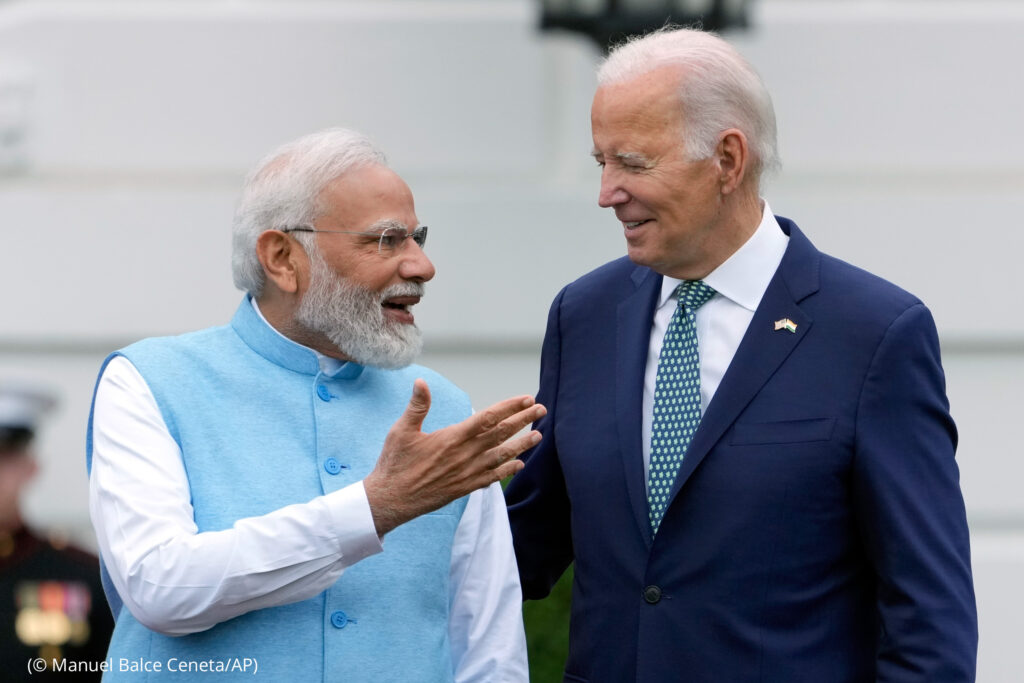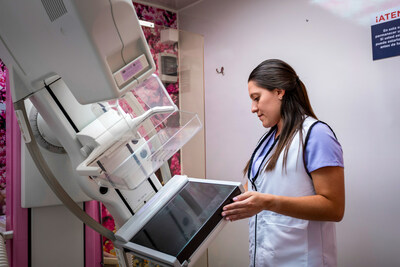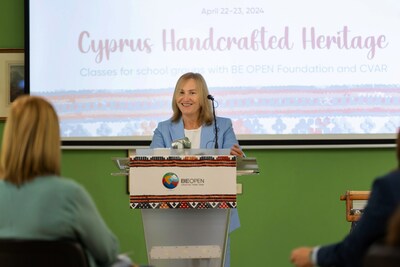Jamaica Minister of Tourism Edmund Bartlett said the implementation of a regional visa regime among CARICOM (Caribbean Community) nations has huge economic potential for tourism recovery and development in the region. He made his remarks at the start of the inaugural Organisation of American States (OAS) high-level policy forum on building the resilience of Small and Medium Tourism Enterprises (SMTEs) in the Caribbean to disasters.
He said: “A regional visa regime is something that we’ve been talking about. I think if we are to build Caribbean tourism, then we must recognise that as individual states, we are too small to grow and to benefit from the recovery of tourism as it now stands, but together as a region, we can grow and we can benefit.”
Bartlett said the Caribbean’s tourism industry can stand to benefit from a visa regime in several ways, key among which is the establishment of a multi-destination tourism framework.
“A big advantage of this multi-destination is that it offers multiple experiences for visitors who are coming from long haul areas,” he said.
“Let’s say you’re coming from China and have three weeks of vacation. You don’t want to spend three weeks in Jamaica alone, but you can spend a week in Jamaica, three days there, two days here, another day somewhere else, and you come back to wherever the hub was. One fee, one package, one price, and we all benefit from it together.”
Additionally, he said that CARICOM nations could also stand to benefit from sharing common airspace, where airlines flying into the Caribbean will pay one fee. He said the tourism visas could also facilitate pre-clearance arrangements for visitors coming into the Caribbean.
He added: “It will allow them to clear customs in Jamaica and be domestic in Trinidad, Barbados, and so on, and what that will do in essence, it will bring more airlines into our space because the turnaround time for the aircraft will be significantly reduced as a result. More rotations could be had, and thus more visitors can come in.
“The other element of importance is that it also provides a new skillset to be developed in the Caribbean area. What tourism will be doing is now saying we’re not just people who have bartenders, cooks, and housekeepers, but we are into technology, aviation, logistics, and procurement.”
The high-level policy forum is a two-day event with representatives from more than 50 countries across the Americas. The first day featured plenary discussions on Challenges for SMTEs in the Caribbean on their Post-Disaster Business Continuity; and Crisis Communication Strategy and Procedural Guide for SMTEs.
The second day will feature presentations on Business Continuity Planning, Business Impact Assessment and Recovery, and Considerations from Tourism Ministerial and Disaster Readiness Policy Directorates.












